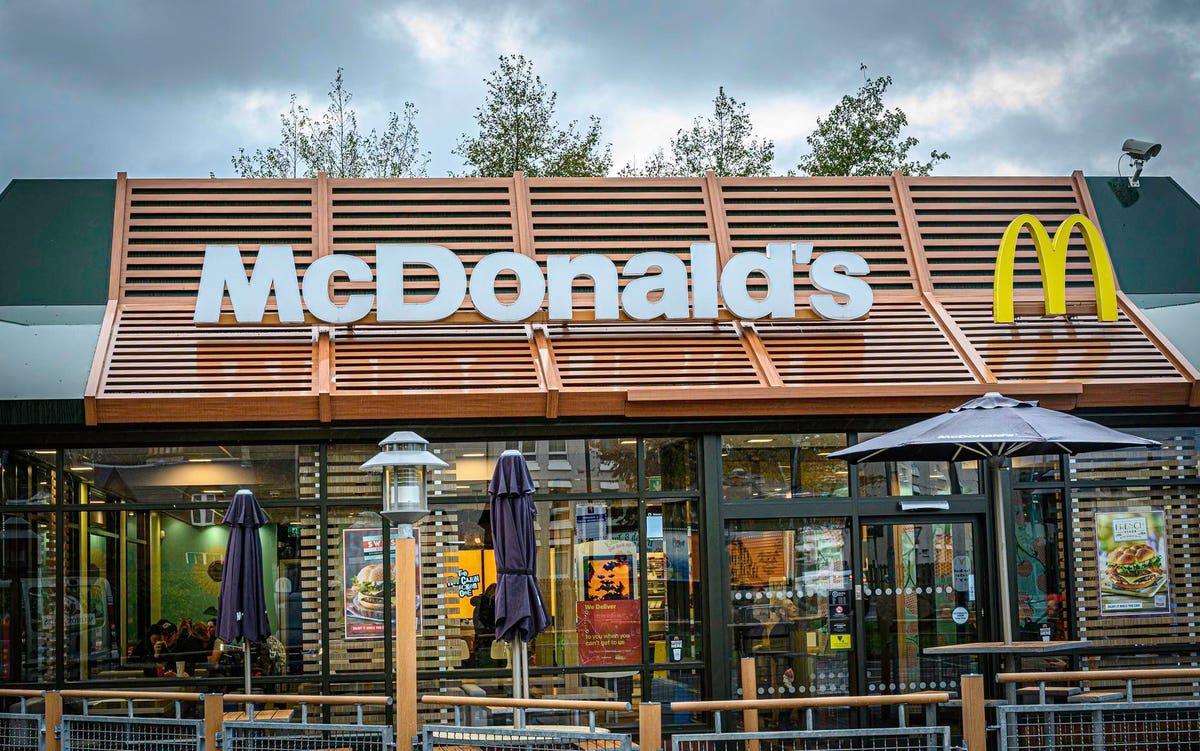This week here in the UK the burger franchise giant McDonald’s has been making the news headlines for all the wrong reasons, after the results of a recent BBC investigation into claims of sexual assault, harassment and bullying by staff in their network of restaurants were made public.
The BBC report was compiled after several months of investigations which started in February of this year, after McDonald’s signed an agreement with the Equality and Human Rights Commission in response to longstanding concerns about the handling of complaints of sexual harassment made by staff. Under the terms of that agreement, the franchise brand, which has over 1300 restaurants in the UK of which over 1100 are franchised, agreed to enhance their policies and procedures, deliver anti-harrassment training to employees and to introduce specific training and materials to help their store managers to identify areas of risk within their restaurants and take steps to prevent sexual harassment. They also undertook to support the uptake of policy and training materials by franchisees within their independent organisations to support reporting of sexual harassment.
The BBC reported this week that fresh claims of harrassment, groping and bullying, as well as racism and homophobia, have now been made by more than 100 current and recent staff, some of whom are as young as 17.
Alistair Macrow, Chief Executive Officer for McDonald’s UK and Ireland issued a statement on the company website stating that a dedicated Investigation Handling Unit would be set up, saying “We have clearly fallen short in some critical areas, and I am determined to root out any behaviour or conduct that falls below the high standards of respect, safety and inclusion we demand of everyone at McDonald’s as detailed in our global brand standards.”
The Equality and Human Right’s Commission has also set up its own confidential email hotline for anyone concerned about incidents of harassment at McDonald’s in the UK.
McDonald’s has a UK workforce of over 140,000 and, in common with many fast food brands, around three-quarters of their staff are aged between 16 and 25 years old. Operating under a franchise model however, most of those workers are not employed by the company directly but by their franchisees. This presents McDonald’s with the real challenge of ensuring that the policies, training and other safeguards introduced are actually put into practice throughout the franchise network. At the end of the day, it is the franchisor’s reputation that has the potential to be much more severely damaged by these allegations than that of the individual franchisees, and that is why McDonald’s must be seen to be taking a hard-line approach and to be taking steps to address the whole culture of its workplaces.
A spokesman for the burger brand indicated to the BBC that they would be willing to take steps to terminate franchise agreements if franchisees were not complying with employment laws. “Our franchise agreement contains termination provisions should they not comply with these standards. Within our standards we specifically include People Brand Standards to ensure restaurants are operated in accordance with UK law in a manner that creates a safe, respectful, inclusive workplace and includes regular training and monitoring on prevention of harassment, discrimination and workplace violence.”
With Macrow stating that he intends to “lead a company-wide conversation aimed at ensuring there is wholehearted confidence in and support for a ‘speaking up’ culture”, it is clear that the franchise brand has a long journey ahead of it to ensure that change is adopted, implemented and maintained across its entire franchise network to safeguard and protect most importantly its staff, but also its reputation.
Read the full article here





